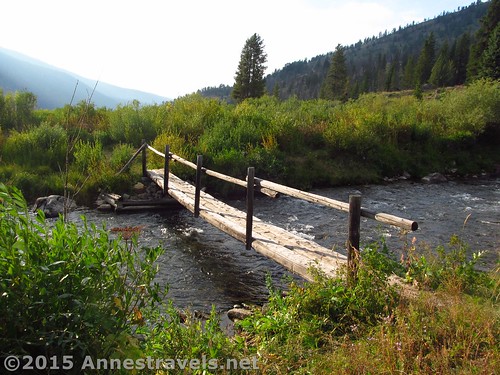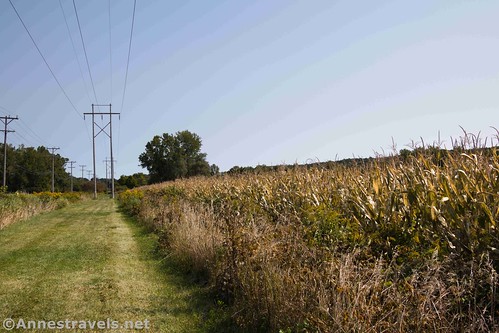
As I wander through life, people cross my path – or maybe they’re dear friends or family – who are struggling. Sometimes there’s a reason for their feelings, and sometimes they have no reason, or the reason doesn’t seem big enough to them to be a logical reason. These dear souls need the support of family and friends during this season in their lives, but unfortunately, our “help” can be incredibly unhelpful. So today, I’d like to discuss a few things you can say or do when people are struggling.

1. Validate their feelings. Or maybe conversely said, don’t give them five reasons why they shouldn’t be feeling the way that they are feeling. If they’re feeling it, then it’s real to them, and pushing down the feelings or telling themselves that they’re wrong only creates cognitive dissonance and problems later on. “I’m so sorry you feel this way,” or “That’s got to be tough,” or “I really feel for you,” or better yet, “Can you tell me about how you feel?” are all much more helpful than logic.
2. Don’t try to fix the situation. Again, this goes back to logic. A person who feels this way is struggling, and while I’m sure they want out, most of us try to give easy fixes – often because we’re uncomfortable that we don’t have a solution. Most of these (like, “You just need to read the Bible more”) are intended to help but instead inflict guilt. It’s like you’re saying, “Well, if you just did this thing or lived your life differently, you wouldn’t have these problems. The only thing standing between you and freedom is you, yourself.” A struggling person doesn’t need to hear that, whether it’s said or insinuated.

3. Remember that you’re not here to diagnose or to prescribe. This is especially important when dealing with someone with chemical imbalances and mental health. Also, see above about fixing the situation.
4. Listen, listen, listen. Pay attention to what they’re saying. Ask relevant questions. Lay down your own perspective, ideas, opinions, and thoughts and try to understand them and what they’re feeling – whether it’s logical or not.
5. Avoid cliches at all cost. It can seem sweet to say something like, “Everything happens for a purpose,” “Tomorrow will be better,” and other oft-quoted (and possibly true) sayings. For some, these sayings are a thread of hope. For others, it diminishes the value of their feelings or else similar to trying to fix the situation (see above). Bible verses can even fall into this category at times – especially if it makes the person feel that they shouldn’t be struggling in this way. A quick fix doesn’t cut it.

6. Tell the person that you’re with them through this. Phrases like, “Call me anytime,” “I’m here if you want to talk,” “I’m cheering you on,” “If you need anything, please don’t hesitate to text me,” “I’m here for you,” “I’m with you in this,” or even, “Let’s schedule coffee again next week,” can all go a tremendous way to letting people know that they’re not alone and that someone cares.
7. Be there for the person. This can be a random text or phone call, a sweet comment on a social media post (even “Love it!” doesn’t go unnoticed), or a smile and “good morning!” when you walk into work or class. It’s being physically or virtually present in a tangible way. (You can also pray for them – while they might not know about it, prayer is a powerful method of support, especially when there is a spiritual aspect at play.)

Also, remember to take care of yourself when supporting others. You can’t give and give and give forever. Spending time with the Lord and with other people can help to recharge your own energy, love, and compassion.






